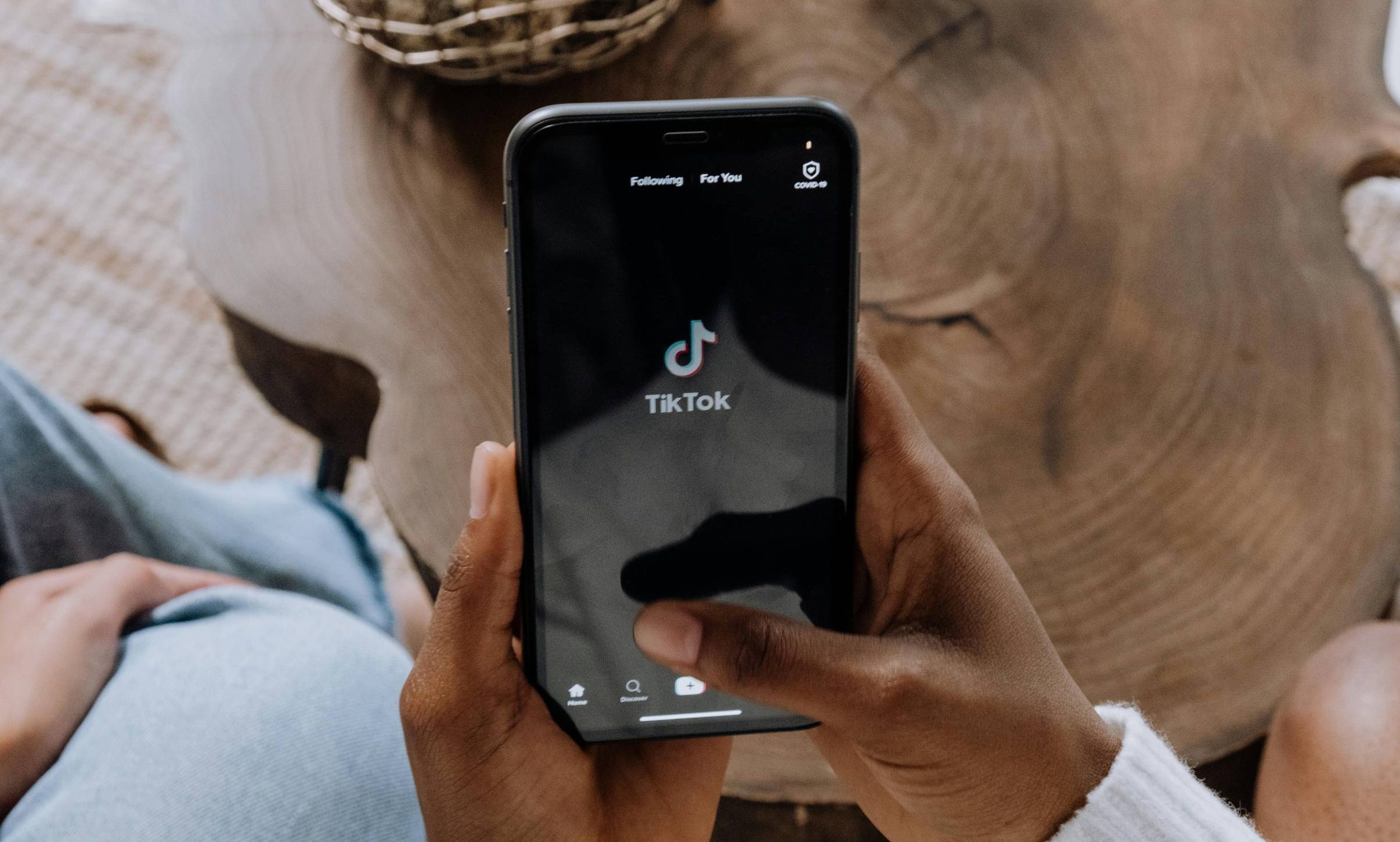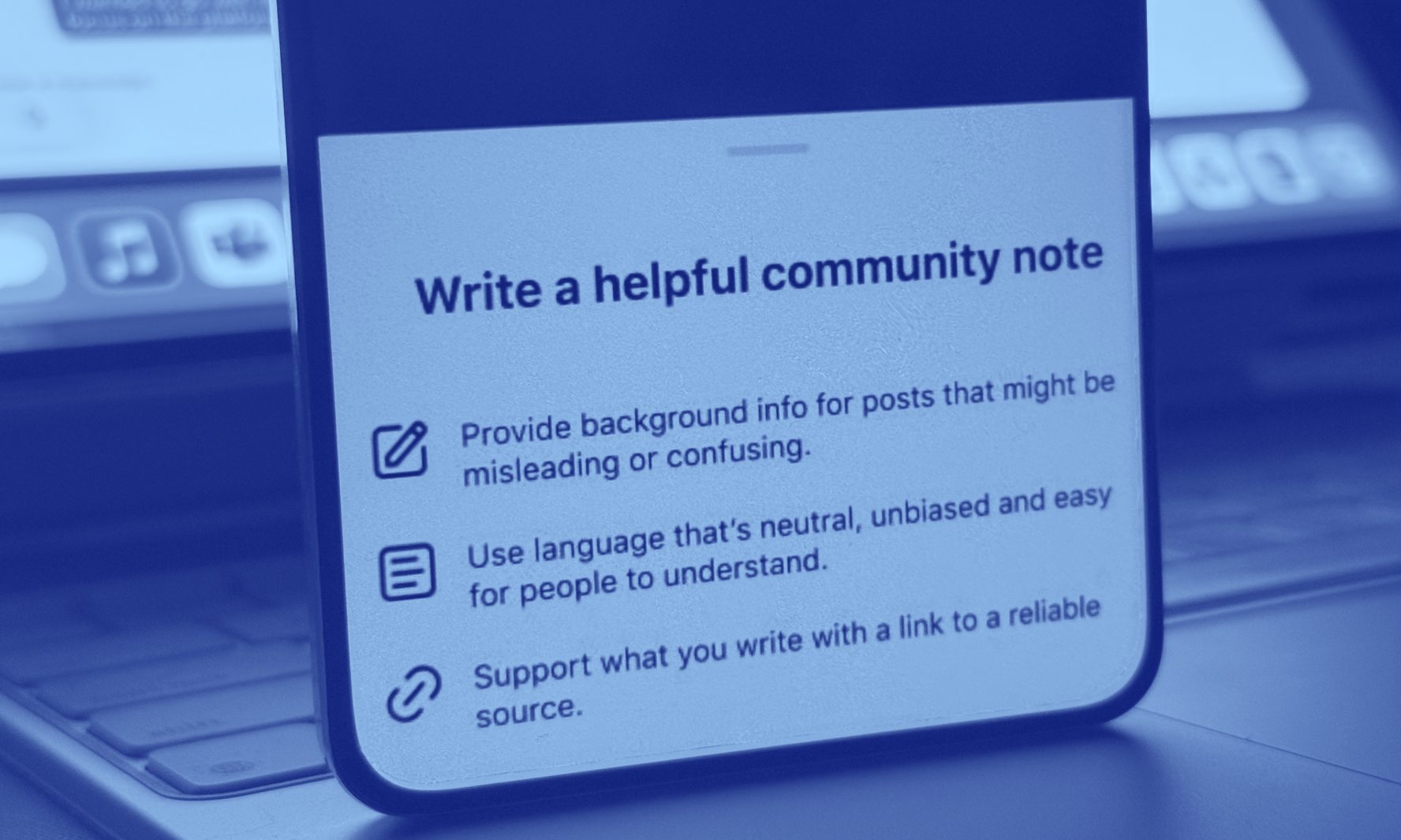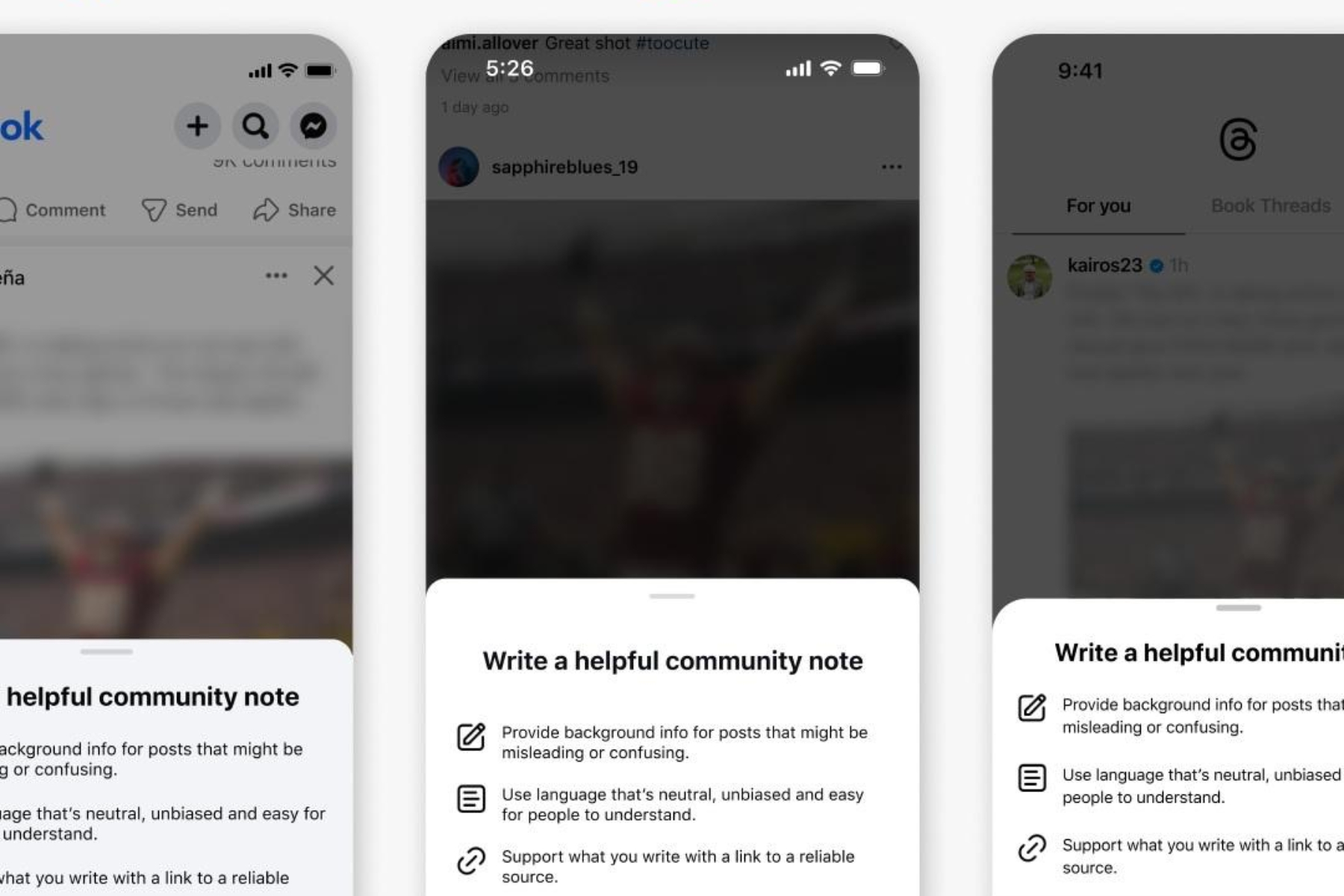TikTok, like any other social media platform, is no stranger to harmful information and controversial content. The company already has a fact-checking system in place to tackle fake news, medical, and election-related misinformation. Now, it is hoping that its community will add helpful context to content that may be misleading or sensationalizing facts.
To that end, TikTok has today announced Footnotes, a system that enables approved community members to attach helpful information to a post for viewers. X already has one such system in place called Community Notes, and Meta platforms such as Instagram and Facebook also adopted it in 2025.
The overarching idea is identical. “Footnotes will draw on the collective knowledge of the TikTok community by allowing people to add relevant information to content on our platform,” the company says in a press release.
How will Footnotes work on TikTok?

TikTok will begin testing Footnotes starting with the US, and will start accepting contributions in the “coming months.” Anyone can apply to become a contributor, as long as they meet the following criteria:
- Location: Users must live in the United States.
- Age: They should be 18 years of age or older.
- Usage: Contributors have an active TikTok account older than six months.
- Contact: You should have a valid email address or a local phone number.
- Discipline: An applicant should have no TikTok policy violations for their account in the past 6 months.
All the footnotes will be written, reviewed, and rated by approved contributors, and TikTok will follow a ranking-based system to show the final version. For example, if a post stirs a debate that could use helpful context, a voting system is put in place, and only the footnotes that with the highest community approval are finally attached to a post.
These footnotes will be visible to all TikTok users. However, no disciplinary action will be taken against posts that have a footnote attached to them, and such posts will remain eligible for Creator Rewards Program.
TikTok has higher chances of success

Unlike Meta, which has altogether ended its fact-checking program in the US, TikTok is using footnotes merely as a support pillar. Community Notes are crucial because they add helpful context, something that is not necessarily the core role of fact-checkers.
“We also continue to partner with more than 20 IFCN-accredited fact-checking organizations to assess the accuracy of content on TikTok in over 60 languages and in 130 markets around the world,” says TikTok.
Certified fact-checkers are already overwhelmed with identifying and getting harmful information removed from social media. But there is still a lot of content on the web that could mislead people because it lacks proper context, often painting a wrong or one-sided picture of certain events or personalities.

Community notes, or footnotes, is not a magic bullet to make social media a safer, more accurate place. In fact, research shows that they mostly fail to contain the spread of harmful content for a variety of reasons.
“It requires a ‘cross-ideological agreement on truth,’ and in an increasingly partisan environment, achieving that consensus is almost impossible,” said Poynter Institute, which runs the International Fact-Checking Network (IFCN).
TikTok, thankfully, is not relying solely on community notes. As mentioned above, the company will continue its partnership with fact-checkers across the globe to handle problematic posts which often face discplinary action such as reduced visibility or takedown.
“The pros can still quickly debunk the most harmful and viral misinformation, while Footnotes contributors can add context to videos that don’t meet that threshold,” argues Poynter. It would be interesting to see whether the experimental feature can serve benefits to its US-based audience as the specter of a nationwide ban still looms.











